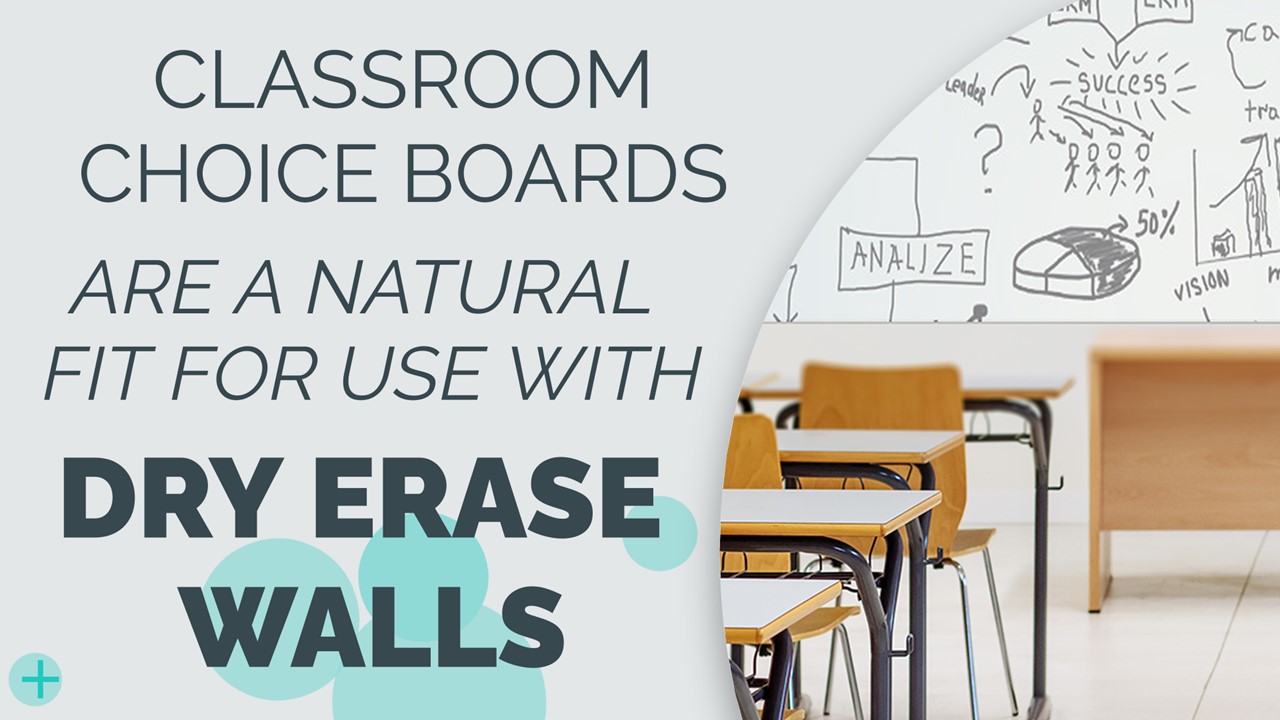Introduction to Persuasive Speaking - PowerPoint PPT Presentation
1 / 19
Title:
Introduction to Persuasive Speaking
Description:
Entertain - club, wedding, etc. Purposes of Public Speaking ... my hometown' Begin Now. Begin homework assignment. NOW, while I take. your picture ... – PowerPoint PPT presentation
Number of Views:29
Avg rating:3.0/5.0
Title: Introduction to Persuasive Speaking
1
Introduction to Persuasive Speaking
Part 1 Communication, Speech Types Purposes
John E. Clayton Nanjing University, Spring, 2005
2
John Clayton
- BS Business, Brigham Young University
- MBA Utah State University
- Joined IBM 1970
- Retired 2003
- Currently teaching English Writing
- Public Speaking at Nanjing University
- Married 36 years
- 8 children
- 17 grandchildren
3
My Family
4
I Was Once Skinny
5
Class Policy
- Your attendance at every class is expected.
- If you miss a class, you must make-up the
- work missed.
- Class starts on the hour be on time.
- 10 minute break between hours
- There is a 10 RMB materials fee for the class.
6
Class Add Policy
- Because of the nature of this speech class, only
30 students may participate and receive credit. - Additional students may audit the class, but
they will not participate, and will not receive
credit. - Audit students should try to sit toward the back
of the classroom.
7
Syllabus
02/28 Orientation Photos Communication
Speaking types purposes 03/07 Persuasion and
reasoning Peer Criticism 03/14 Speech 1 03/21
Review of speech 1 Audience analysis 03/28
Speech writing process 04/04 Speech components
outline Monroe sequence 04/11 Speech 2 04/18
Review of speech 2 Overcoming fear 04/25
Selecting topic and thesis 05/02 HOLIDAY NO
CLASS 05/09 Researching supporting
material 05/16 Speech 3 05/23 Review of speech
3 Speech delivery tips 05/30 Using visual
aids 06/06 Clean-up final review and
preparation for speech 4 06/13 Speech 4 06/20
Speech contest prep Final exam Evening speech
contest
8
Objective to Change Improve
9
Types of Communication
A speaker delivers a message with a specific
purpose to an audience who are present.
10
Basic Elements of Communication
Feedback
Message
NOISE
Speaker
Listeners
11
Basic Elements of Communication
Speaker - You
Listeners Your audience
Message The point you are trying to make
Noise Barriers to communication
Feedback Information back to the speaker
12
Feedback
- Information from the audience
- Is my message being received as planned?
- Do I need to change anything?
- Verbal clues comments from the audience.
- Non-verbal clues - gestures, facial expressions,
body movements, sounds.
13
Noise
Barriers to Communication
- Physical distractions
- noise, poor lighting, uncomfortable seating,
unpleasant - smells, interruptions, restricted time, etc.
- Emotional distractions
- Pressures (work, health, money, etc.), mood,
enforced - attendance, fear, shyness, aggression,
resistance to - learning, too old to learn, status differences,
etc.
- Language and cultural differences
- vocabulary, unusual words, gestures, etc.
14
Purposes of Public Speaking
Goal express opinions and viewpoints in an
orderly, civil way, regardless whether or not the
audience shares your viewpoint.
- Inform - training, new issues, etc.
- Persuade - convince, motivate
- Entertain - club, wedding, etc.
15
Types of Presentations
- Impromptu
- spontaneous, spur of the moment
- Extemporaneous
- some preparation not memorized or
- written
- Manuscript
- speech read from a manuscript
- Memorized
- speech presented entirely from memory
16
Speech Grading
Content (6 points) Topic related to the
assignment? Are facts accurate? Main points
supported by evidence? Anything important
missing? Organization (7 points) Clear
introduction? Purpose communicated in
introduction? Clear conclusion?
Conclusion reiterate main idea? Main points
clearly articulated? Is the order logical?
Delivery (7 points) Eye contact with audience?
Loud enough? Distracting
mannerisms avoided? Appropriate
gestures? Prepared enough not to need notes?
Visual aids appropriate?
17
Key Points to Remember
Five Factors in Communication Speaker, Listener,
Message, Noise, Feedback Why Use Public
Speaking? Orderly way to express opinions
viewpoints Three Key Uses Inform, Persuade,
Entertain Speech Types Impromptu,
Extemporaneous, Manuscript, Memorized
18
Homework
- Begin preparing your first speech
- To be presented March 14th
- 3 minutes
- Written out
- Topic Why you should visit
- my hometown
19
Begin Now
Begin homework assignment NOW, while I take
your picture































